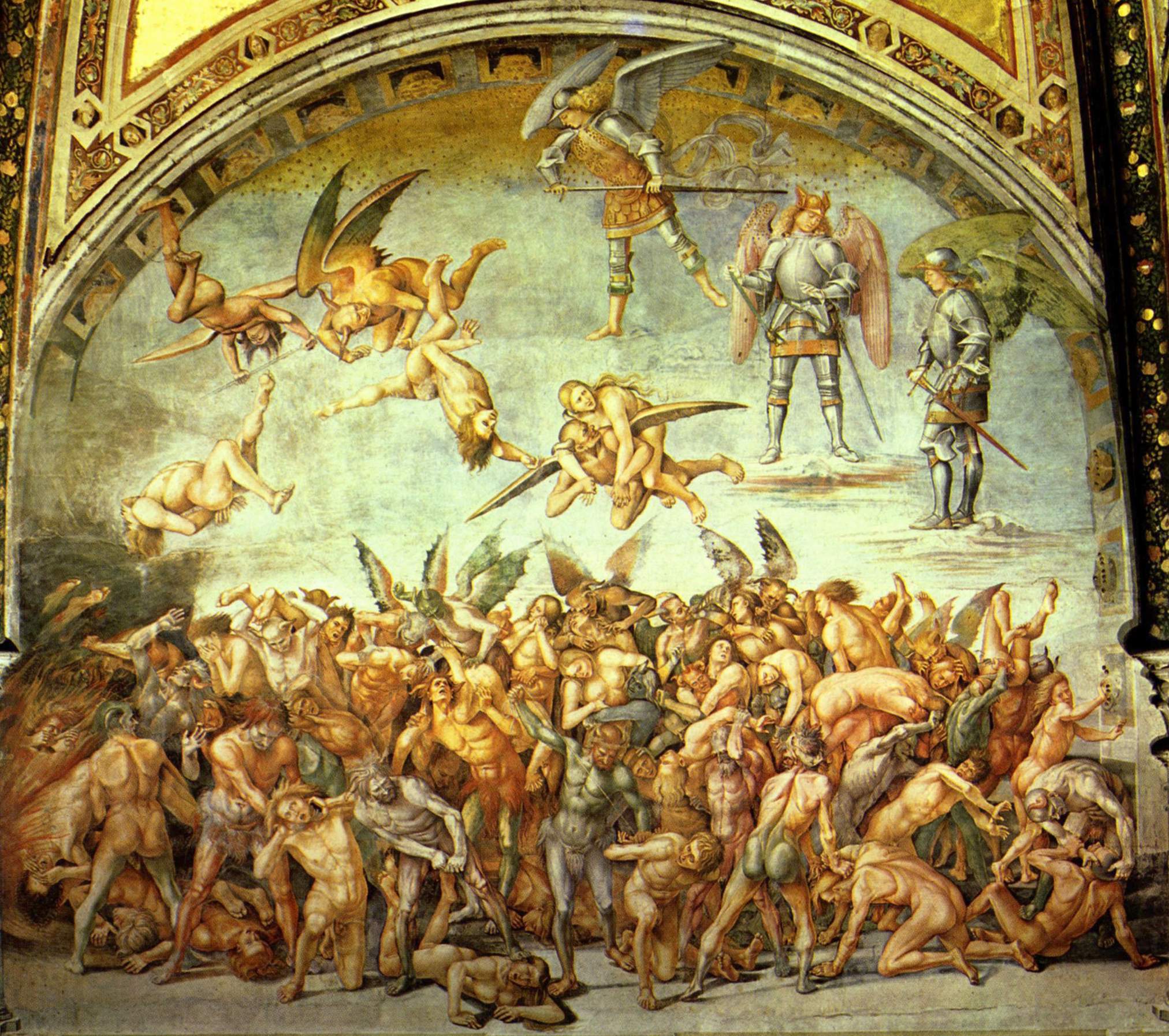I have just
finished reading, for the second time, Paul Collier's 2009 book, Wars, Guns, and Votes: Democracy in Dangerous Places. It is the kind of book that is useful to read and think
about when embarking on a research project because it addresses important
questions with creative methods of enquiry. In this case, the important
questions are ones related to political and economic development that were
introduced in Collier’s 2007 book, The Bottom Billion.
In any
re-reading, different points from those encountered in previous readings are
likely to stand out. This time, one of the points that struck me was an
observation Collier makes about the relationship between the colonial
experience of most states in the developing world and their governments' attitudes
toward sovereignty. It is not an especially original observation, but it is
important nonetheless. Collier writes (on page 200):
The most enduring legacy of the colonial experience is the excessive respect given both within the societies of the bottom billion, and by those who are concerned about their fate, to the notion of national sovereignty. The sentiment “never again” impedes serious thought. In reality, the typical society of the bottom billion does not have national sovereignty. It has yet to become a nation as opposed to a state: so it lacks the cohesion needed to produce effective restraints upon either the conduct of elections or the subsequent power of the winner. As a result, it has presidential sovereignty. No wonder presidents are jealous of national sovereignty: they are jealous of their own power.
When the world's dictators
address the United Nations, as many do during the General Assembly's period for
opening statements each September, they generally speak about the importance of
respect for state sovereignty and the principle of non-intervention in the
internal affairs of states, not human rights and the emerging responsibility to
protect norm. In September 2012, Equatorial Guinea's president, Teodoro Obiang,
told the assembled delegates in the UNGA, "We understand that international
peace and security depend critically on compliance with the principles of
international law: respect for the independence, territorial integrity, and
national sovereignty of each state; the sovereign equality of nations and
non-interference in the internal affairs of other states; the respect for and
fulfillment of international commitments, and the promotion of friendly relations
and reciprocal cooperation and equitable benefits among states." In his 2013 speech before the UNGA, one that prompted the U.S. delegation to walk out, Robert Mugabe, Zimbabwe's president since 1980, condemned western sanctions against his regime as a violation of "fundamental principles of the United Nations Charter on state sovereignty and non-interference in the domestic affairs of a sovereign state." He concluded by declaring, "Zimbabwe will never be a colony again."
In a similar vein, Uganda's Yoweri Museveni used his speech before the UNGA last year to condemn the International Criminal Court for its indictment of several high-ranking Kenyan officials in connection with post-election violence in 2007-2008. Museveni called the ICC's involvement in Kenya a form of arrogance akin to the arrogance of former colonial powers, whom he called "the old mistake makers." Rwanda's Paul Kagame also condemned the ICC's Kenyan case in his 2013 UNGA address. He stated, "Instead of promoting justice and peace, [the ICC] has undermined efforts at reconciliation and served only to humiliate Africans and their leaders, as well as served the political interests of the powerful."
These few quickly assembled examples of African leaders--dictators, mostly--using their brief moments in the global spotlight to demand respect for sovereignty seem to me to illustrate Collier's point about presidential sovereignty. What Collier would call Mugabe's "sell-by date" passed long ago. The elections he has held have been shams and Zimbabweans struggle to feed themselves while Mugabe amasses a vast, illicit, and personal fortune that he is far too old to enjoy. The same is true of Obiang, who came to power (in a military coup) a year earlier than Mugabe and has repeatedly tried to legitimize his corrupt regime with sham elections.
The sovereignty that dictators defend so vigorously has nothing to do with the rights of their peoples; they have none. This is why sovereignty is conditional and the right to non-intervention must be understood in light of human rights.


.jpg)


